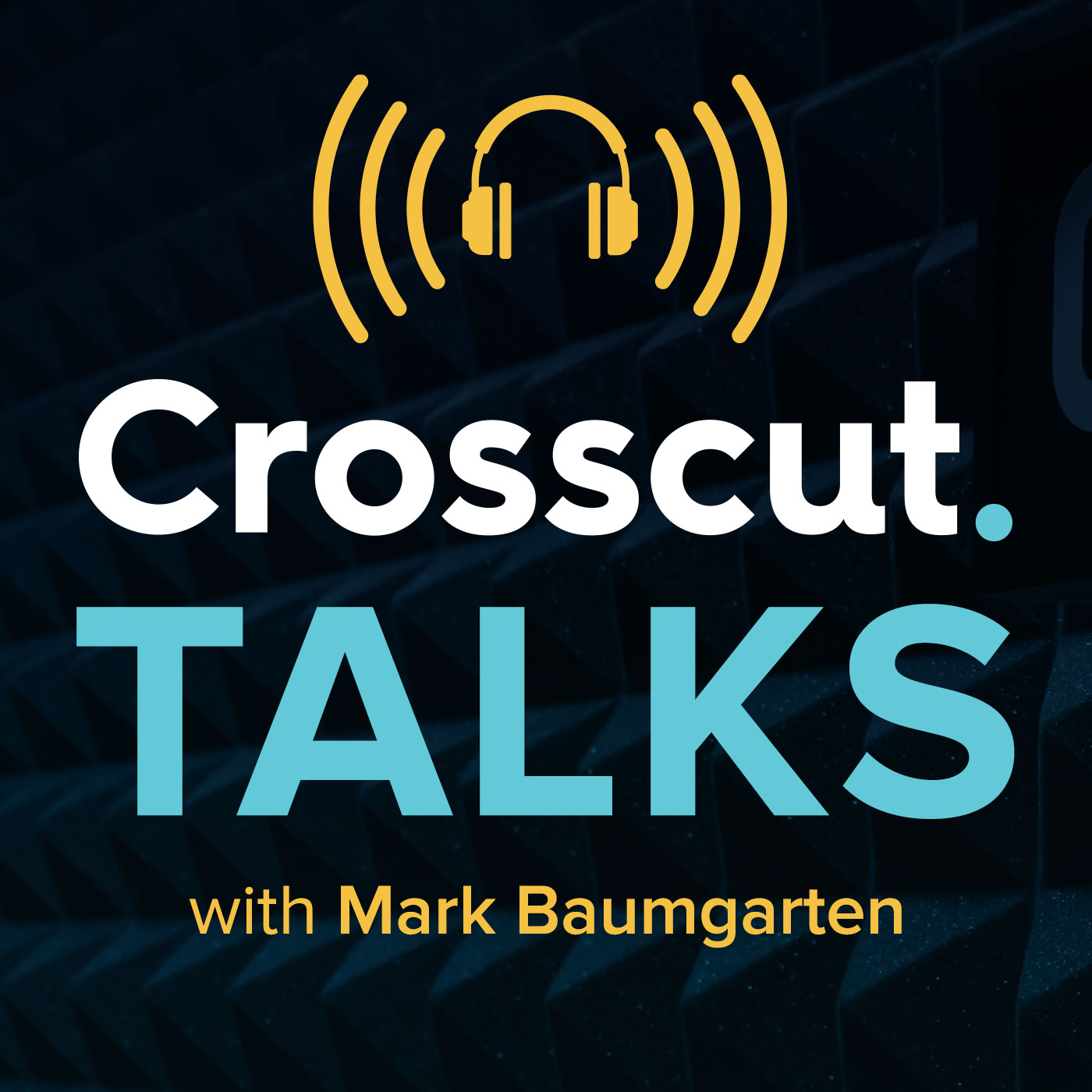intention
While we recognize the limitations of any singular blog post’s ability to answer big questions like the ones we’re asking, our intention is not to tell you everything there is to know about this issue, but rather to open up a space for conversation, reflection, curiosity, and a consideration of all the other questions this one question sets in motion.
question
What is media literacy and why is it important?
reflection
what is media literacy?
Media Literacy is our ability to access, analyze, evaluate, create and participate with information in a variety of forms — including print to video to the Internet.
why is it important?
Our lives rely on digital technologies to deliver our news, entertainment and information. Our abilities to effectively navigate online spaces and information is vital to progressing as a society. Without media literacy practices users of technology tend to find ineffective and inefficient pathways to the information they seek, getting trapped along the way by mis-information and online hate.
Media literacy helps to break this cycle of inefficiencies and provide users with the proper understandings to harness digital tools to enhance the productivity, connectivity and civic engagement within their individual lives.
what do I need to know about social media platforms?
There is a lot to unpack when it comes to understanding how the backend construction of social media platforms impact how we operate in social spaces.
To simplify what is going on from the technical jargon that you will encounter in our extended resources below, consider the following features and how keeping these understandings in our minds as we navigate these environments will help us to feel in control of our journey.
…start by watching this
now let’s reflect on…
ONE
They make money from you looking at targeted advertisements and by selling your information to third-party entities.
TWO
They use relevancy based information feeds to create tailored views around our preferences,. specifically designed to show you what you like and keep you happily scrolling past ads; polarizing your understanding and current beliefs.
THREE
The ability to like and be liked through a notification system can cause addiction to these spaces. Each like to your content triggers dopamine releases in the brain which can develop a dependency and inability to ignore,
FOUR
Their engagement features (liking, commenting, sharing) coupled with the relevancy algorithm amplify extreme messaging and polarizing ideas in these spaces.
self reflection exercise…
What does your news feed look like?
Compare it to another persons and have a discussion about the different windows created for each of you.
resources
EXPLORE

The Crisis at the Core of ‘The Social Dilemma’ with Jeff Orlowski
